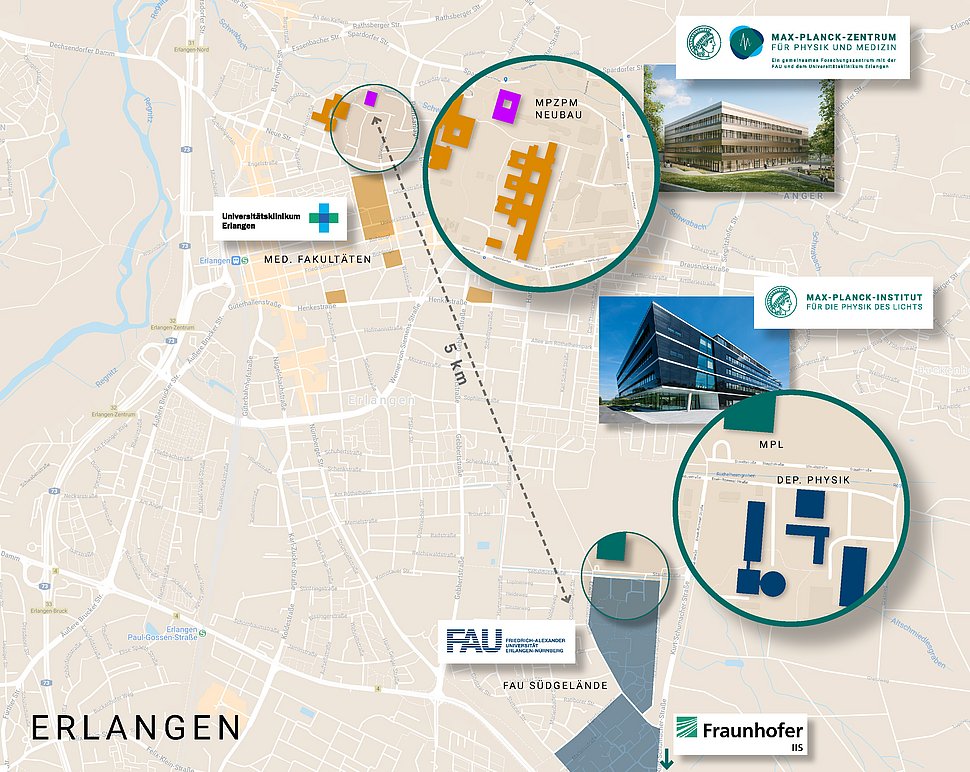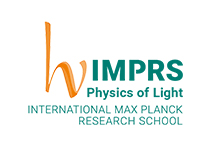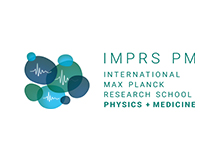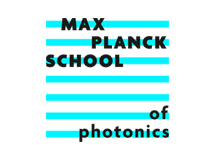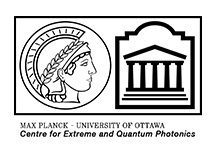Mission
The goal of research at MPZPM is to contribute new findings to the understanding of living systems, biological processes and their pathological changes from a physical perspective, and ultimately to transfer these into diagnostic and therapeutic applications.
Physics and medicine: this combination probably makes many people think of more than a hundred years of success in medical physics with X-rays, computer tomography, ultrasound, MRI and PET, perhaps also laser scalpels and robot-assisted surgery. In all these examples, physics has served medicine by harnessing physical phenomena to provide better tools for diagnosis and treatment. This type of collaboration is undoubtedly here to stay and will continue to improve modern medical care.
In addition to providing physical methods, physics can also contribute conceptually to progress in medicine. With the founding of MPZPM in Erlangen, we have opened a whole new chapter of "physics and medicine", in which physics plays an integral role in understanding life and the phenomena that lead to anomalies and diseases. The MPZPM thus follows in the best tradition of physics contributions to fundamental knowledge in biology and medicine, as exemplified by Erwin Schrödinger in his book "What is Life?".
Research at MPZPM focuses on the investigation of cells as physical objects in the context of their immediate environment. While current biomedical research takes place almost exclusively at the molecular level, we are interested in emergent physical phenomena at the cell and tissue level. Cells are not only sites for biochemical reactions and signaling cascades. Cells also have physical properties such as refractive index, elasticity, viscosity and mass density, which are essential for how cells interact with their environment. We are interested in the biological relevance of these physical properties, how they are controlled at the molecular level, and how they are influenced by and in turn influence the environment. This approach should provide new clues as to how the deformability of cells is related to the formation of cancer metastases, how immune cells react to perturbations, which microenvironment is required for the regeneration of damaged neuronal tissue, or how a virus leads to a widespread infection.
It is particularly important for the success of this novel approach that the MPZPM building is located in the middle of the University Hospital Erlangen campus and in close proximity to its four translational research centers. The daily informal exchange between physicists and biologists, medical researchers and clinicians, the direct access to patient samples and the constant focus on current actual clinical issues is a unique feature of MPZPM worldwide.
Background
In 2013, the Free State of Bavaria offered to invest about 60 million Euro in science research via the Max Planck Society. Considering the high standing of the medical research in Erlangen, the recent rapid progress in biophysics and the intellectual challenge of understanding complex systems such as the human body, MPL — headed by one of its directors, Vahid Sandoghdar — proposed to establish a research center as a joint venture with FAU and UKER. After several instances of institutional and state evaluations, the concept of the Max-Planck-Zentrum für Physik und Medizin (MPZPM) was approved. In 2017, a cooperation agreement was signed by the president of FAU, president of Max Planck Society and head of Erlangen University Hospital. In 2018, Jochen Guck, Kanwarpal Singh and Vasily Zaburdaev joined MPZPM, followed by Kristian Franze in 2020.
Building
In 2013, the Free State of Bavaria offered to invest around 60 million Euros in scientific research via the Max Planck Society. Given the importance of medical research in Erlangen, the recent rapid advances in biophysics, and the intellectual challenge of understanding complex systems such as the human body, the MPL — led by one of its directors, Vahid Sandoghdar — proposed to establish a research center as a joint venture with FAU and UKER. After several rounds of institutional and governmental evaluation, the MPZPM concept was approved. In 2017, the President of FAU, the President of the Max Planck Society, and the Director of the University Hospital Erlangen signed the corresponding cooperation agreement. Since 2018, world-leading researchers such as Vasily Zaburdaev (FAU Biology, 2018), Jochen Guck (MPL, 2018), Kristian Franze (FAU Medicine, 2020), and most recently Benoit Ladoux (FAU Physics, 2024) have been appointed to the scientific leadership of MPZPM. The quality of the researchers at MPZPM is also demonstrated by the fact that four members of the scientific leadership were attracted to Germany from abroad via an Alexander von Humboldt Professorship — the most highly endowed German research award. In addition, David Dulin (now VU Amsterdam) and Kanwarpal Singh (now McMaster University, Canada) also worked as independent group leaders at MPZPM. The next exciting chapter in MPZPM's success story begins with the move into the new MPZPM building in September 2024.
Structure
The MPZPM is home to a combination of permanent and temporary research groups covering various research areas at the interface of physics and medicine.
Tenured principal investigators
- Prof. Kristian Franze, Institute for Medical Physics & Microtissue Engineering, Faculty of Medicine, FAU
- Prof. Jochen Guck, MPL Division Biological Optomechanics & Chair of Biological Optomechanics, Department of Physics, FAU
- Prof. Vahid Sandoghdar, MPL Division Nanooptics & Chair of Experimental Physics, Department of Physics, FAU
- Prof. Vasily Zaburdaev, Chair of Mathematics in the Life Sciences, Department of Biology, FAU
- Prof. Benoit Ladoux, Chair of Biophysics, Department of Physics, FAU
Temporary research groups
- NN, W2 Max-Planck Research Group
- NN, W2 Professorship, Faculty of Medicine, FAU
In total, there is room for three more independent, temporary research groups. The MPZPM is interested in providing excellent research conditions and a supportive home for early career researchers with ERC Starting Grants, ERC Consolidator Grants or DFG Emmy Noether funding. Please contact us if you are interested.
Associated research groups
- Dr. Jona Kayser, MPL Research Group Cellular Evolution
- Prof. Leonhard Möckl, MPL Research Group Physical Glycoscience & W2 Professorship Nanooptical Imaging, Faculty of Medicine, FAU
- Prof. Tomohisha Toda, W2 Professorship for Neuronal Epigenomics, Faculty of Medicine, FAU
- Dr. Daniel Wehner, MPL Research Group Neuroregeneration
- Dr. Katja Zieske, Max-Planck-Research Group Molecular Biophysics, MPL


